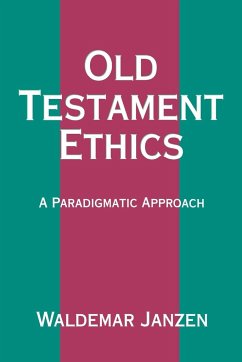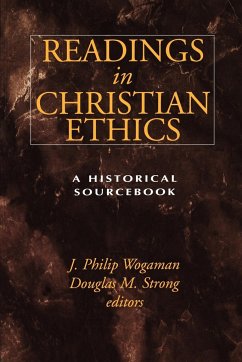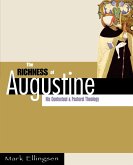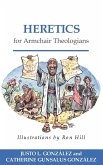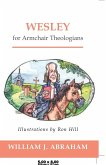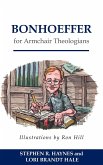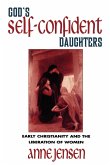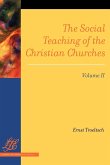In his book Old Testament Ethics: A Paradigmatic Approach, author Waldemar Janzen attempts to persuade readers of the predominance of story over law as the ethical, and exemplary center to the ethics of the Hebrew Bible. For Janzen, this is demonstrated best by five paradigms consisting of one central and comprehensive paradigm (The Familial Paradigm, grounded in Genesis 13, concerning mainly a framework of: the preservation of life, the possession of land, and the idea of hospitality) and four internal, subordinate paradigms consisting of the Priestly Paradigm (taken from Num. 25), the Wisdom Paradigm (taken from 1Sam. 25), the Royal Paradigm (taken from 1Sam 24), and the Prophetic Paradigm (taken from 1Kings 21). According to Dr. Janzen, taken together, all of these five paradigms present people who are meant to serve as archetypal images and of course, they are eventually shown to identify the person Jesus (Janzen, 1994, 193). For Waldemar Janzen, far too much emphasis has been put on the predominance of the Law throughout Old Testament study and specifically the study of Old Testament Ethics. The Family Paradigm as Janzen writes, "represents the comprehensive end of all Old Testament Ethics" (Janzen, 1994, 3). For Janzen the Family Paradigm is a model of correct behavior and is not only narrative and demonstrative but also prior to, as well as the basis for, the principles and even the commandments of the Old Testament (Janzen, 1994, 1). For Janzen this narrative approach is said to avoid the propensity towards reductionism that he perceives to be stemming from more command oriented approaches.
Hinweis: Dieser Artikel kann nur an eine deutsche Lieferadresse ausgeliefert werden.
Hinweis: Dieser Artikel kann nur an eine deutsche Lieferadresse ausgeliefert werden.

